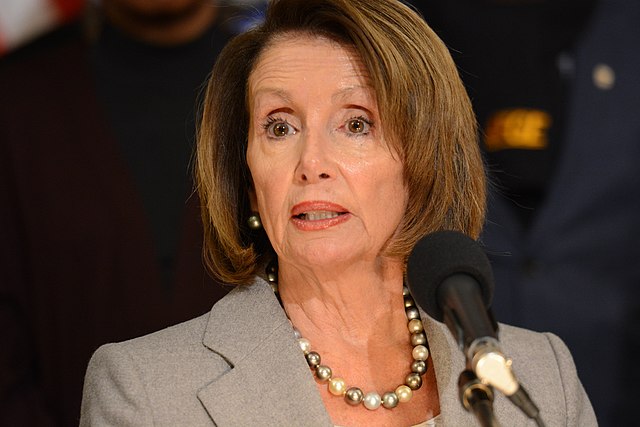
Democrats May Have Blown Their Last Best Chance to Save Obamacare
Keaton Weiss | October 19, 2020
In 2017, the Tax Cuts and Jobs Act, more commonly known as the “Trump Tax Cuts,” effectively eliminated the Affordable Care Act’s controversial individual mandate by reducing the penalty for not having health insurance to zero dollars.
In early 2018, a lawsuit was brought forth by the state of Texas, along with 19 others, which claimed that with the individual mandate nixed, the entire law must be deemed unconstitutional, since its validity was upheld as a taxing power by the Supreme Court in 2012.
In December 2018, Texas federal judge Reed O’Connor struck down the entire law, writing “The Individual Mandate can no longer be fairly read as an exercise of Congress’s Tax Power and is still impermissible under the Interstate Commerce Clause — meaning the Individual Mandate is unconstitutional… The Individual Mandate is essential to and inseverable from the remainder of the ACA.”
In December 2019, an appeals court ruled against the individual mandate, but declined to determine the “severability” of the mandate from the rest of the ACA, setting up an inevitable showdown in the U.S. Supreme Court.
Then, in September of this year, Ruth Bader Ginsburg passed away, and President Trump nominated Amy Coney Barrett to replace her, shifting the balance of power on the Court squarely to the conservatives’ side. Assuming she is confirmed and seated, she would preside over this case, which begins oral arguments on November 10. Prior to Ginsburg’s passing, it was widely assumed that the Supreme Court would reject this lawsuit. Now, with Barrett’s confirmation looming, that’s a much more open question.
However, despite the increasingly bleak outlook, Democrats were not powerless to defend Obamacare. According to author and journalist Jon Walker, a simple and obvious solution has been staring Democrats in the face this entire time. He argues in his recently re-published article for American Prospect that Democrats could have killed this lawsuit by simply repealing the individual mandate altogether in a must-pass bill.
September 30 was the deadline to pass a continuing resolution to keep the government open. House Democrats could have added an amendment to that resolution repealing the individual mandate, which is currently toothless anyway, since the penalty has been reduced to zero. In doing so, they would have rendered the pending lawsuit irrelevant, as the section of the ACA in question would have no longer been included in the language of the law.
The only way this plan could have been thwarted is if Mitch McConnell rejected the resolution, but that would have come with the enormous price of shutting down the entire government during a pandemic, for the sole purpose of repealing Obamacare and canceling 23 million peoples’ healthcare plans during a pandemic, one month before a national election. The political price for such an obscene decision would certainly have been catastrophic for the Republicans.
Obviously, the Democrats chose not to pursue this strategy, as it’s now mid-October and the September deadline came and went without such an amendment being attached to the continuing resolution.
Why wasn’t this solution more widely discussed? Is it because Democrats feel they will win the presidency and the Senate anyway, in which case they could simply pass a new healthcare law immediately after Biden takes office, even if that the ACA is struck down by the Supreme Court? Are they overconfident in their assessment that they’ll have full control of government come January 2021? Are they in a strong enough electoral position to take such a gamble? Do they think that even with Amy Coney Barrett on the bench, the lawsuit will still be defeated?
Is all of this very confusing? Yes it is, which is why we were fortunate enough to be joined on our podcast by Jon Walker, who discussed all of these questions and more in greater and clearer detail. To hear our full conversation, click the player below:
Subscribe to the Due Dissidence podcast on Apple,Stitcher,Spotify,Castbox, Google Podcasts, or any major podcast player!
Photo: AFGE, Wikimedia Commons